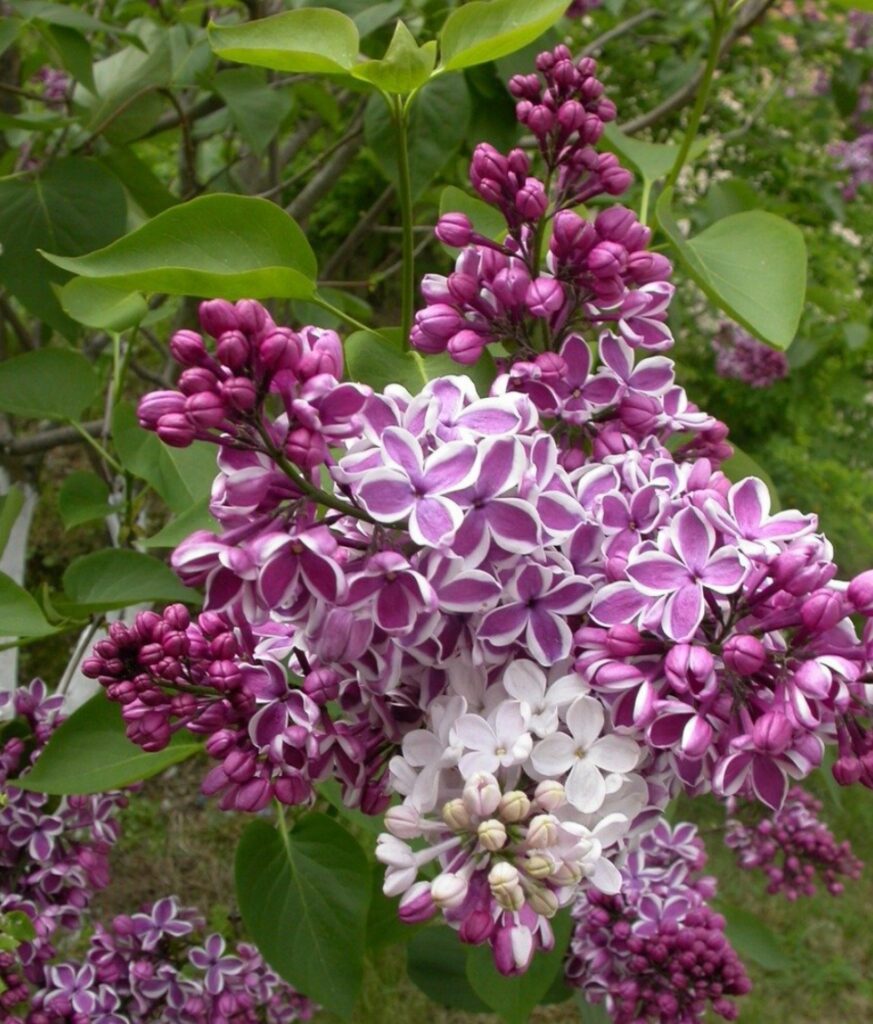
“At the foot of the verdant hills of Arcadia lived among the forest nymphs a famous nymph called Syrinx…”
The poet Ovid, Metamorphoses
Scandinavians believe that lilacs were created by the Sun and the Rainbow, awakened from their winter sleep by the Goddess of Spring. Greek legend has it that a beautiful river nymph, Syringa, transformed into an enchanting tree with delicate purple flowers as she fled from the cheerful but ugly god Pan. Thus the name Syringa gave its name to the tree: the lilac. Lilacs originated in Asia and did not arrive in Europe until the 16th century.
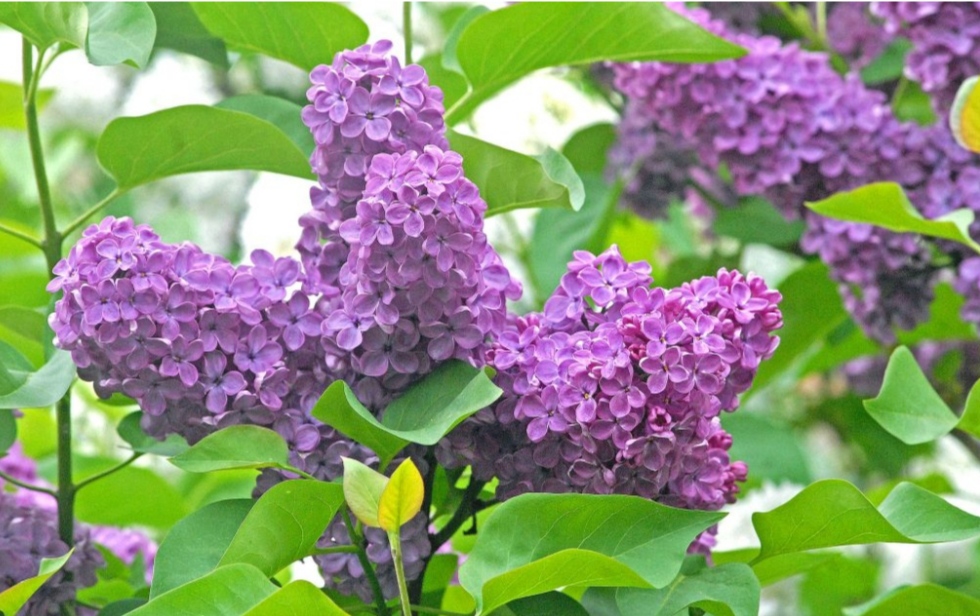
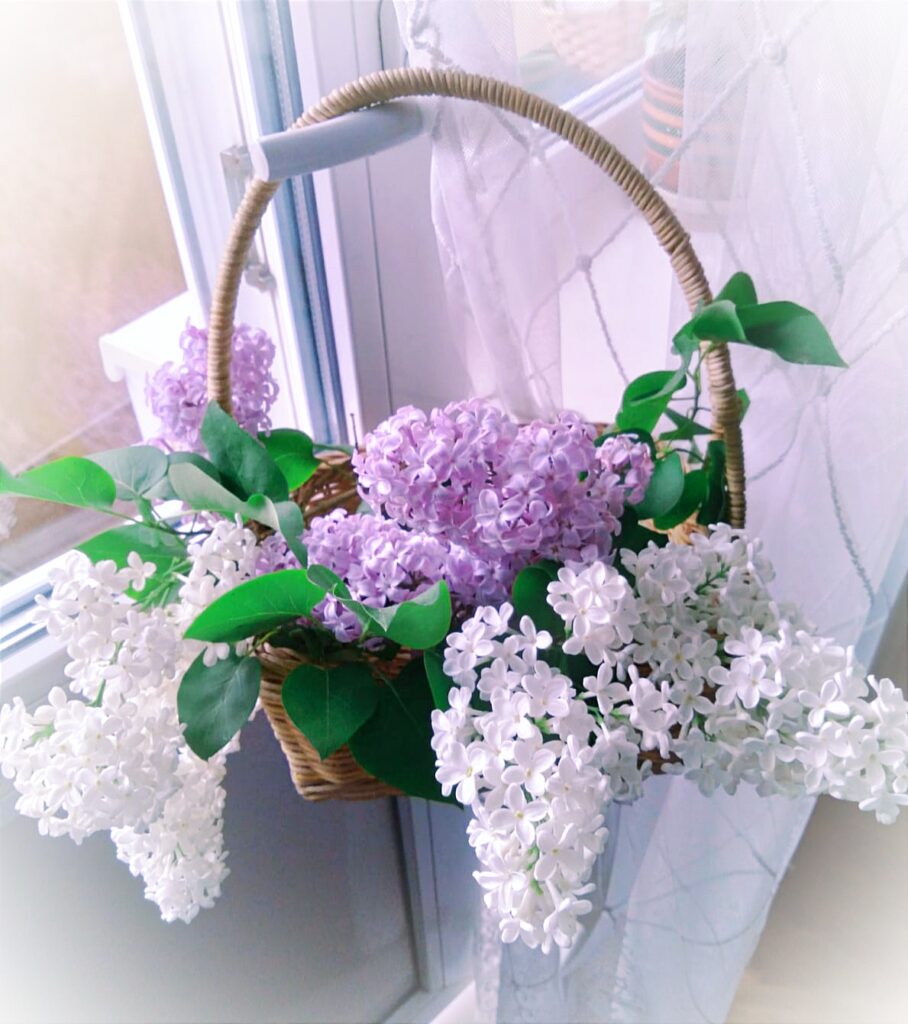
A delicate lilac bouquet is very easy to make and creates a youthful atmosphere of joy, love and lightheartedness in any setting..
The Chinese believe that the scent of lilacs helps to survive a separation, to preserve love, affection and friendship – that’s why they call it “Qing Ke” – “Remember friends.””
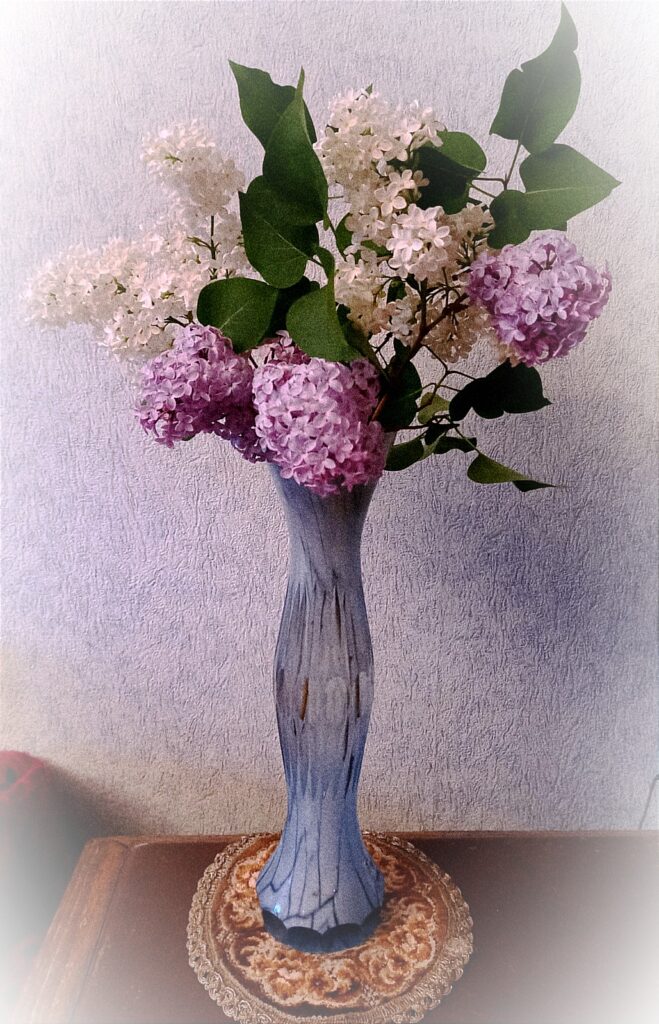
In Russia, lilacs have always grown in old manor houses, gardens and parks. When it came to Russia from France, lilac was a fashionable feature on Russian estates. Poets, composers and artists praised it.
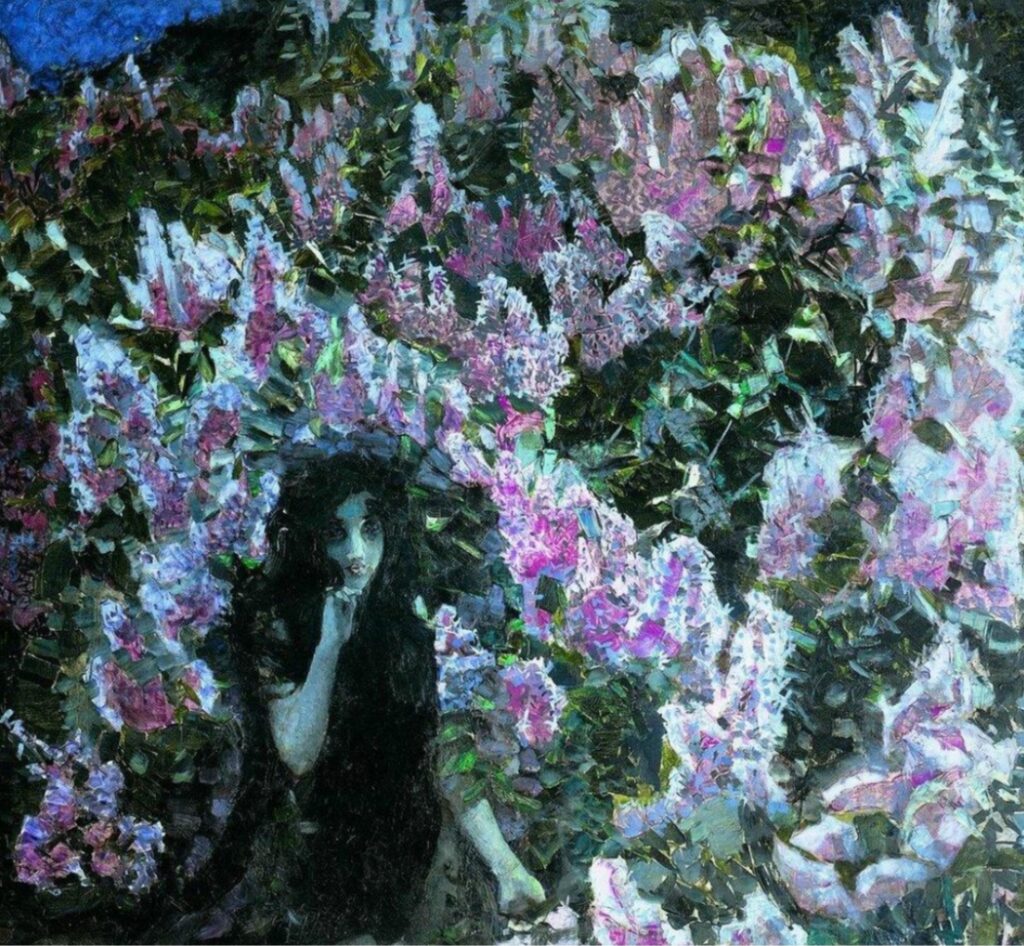
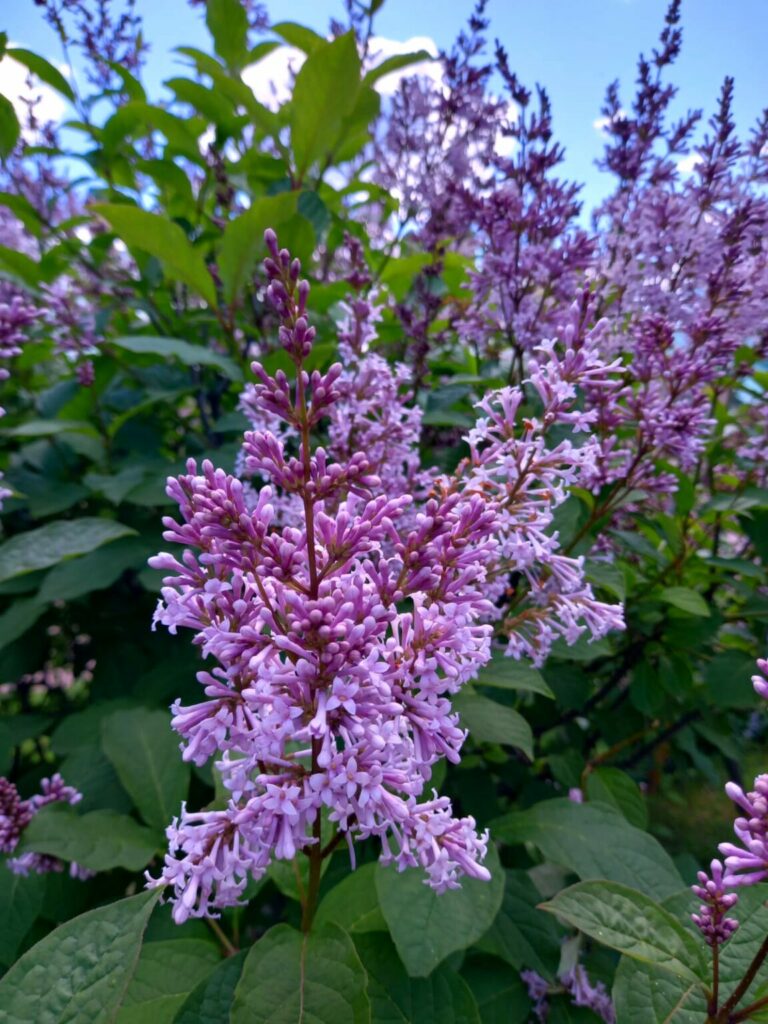
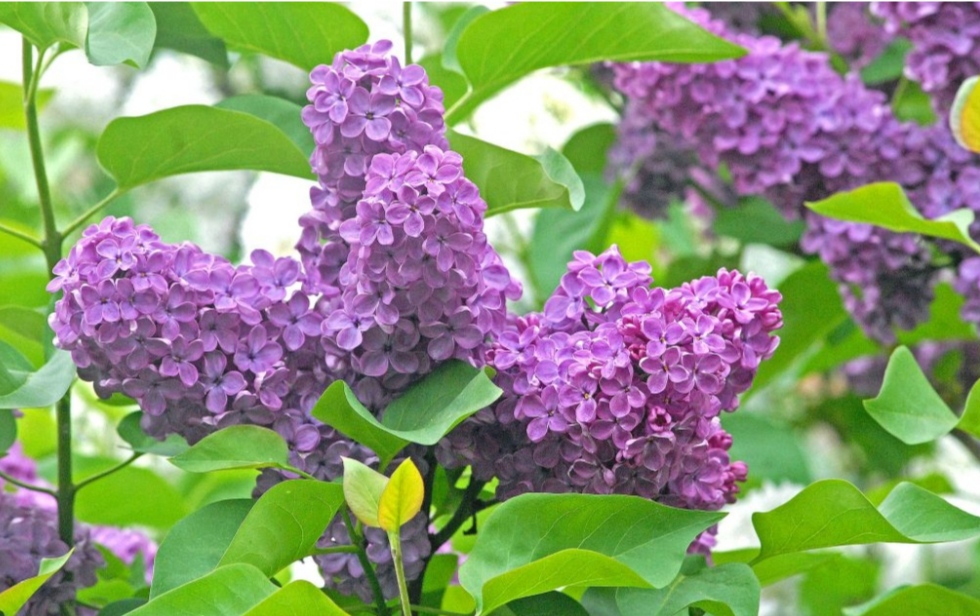
Still later, Kolesnikov, a brilliant self-taught breeder, bred lilacs in his own garden and created more than 300 varieties. It was he who created the “jambul,” the world’s first lilac with a white border on the petals, as if covered with snow…
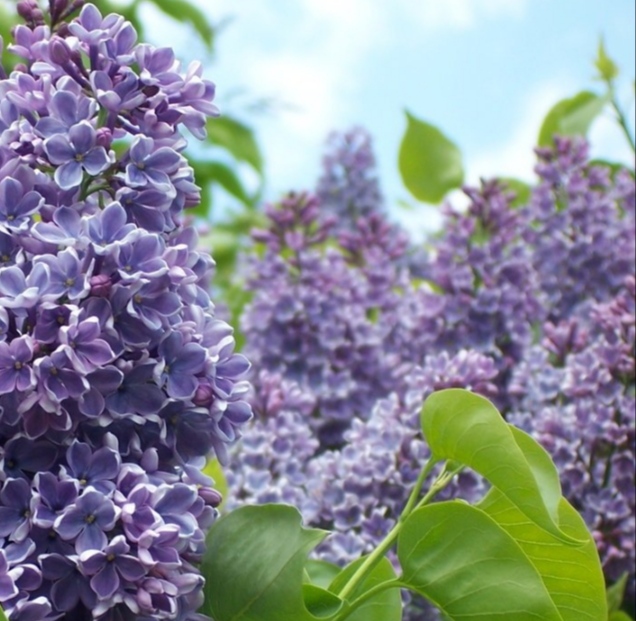
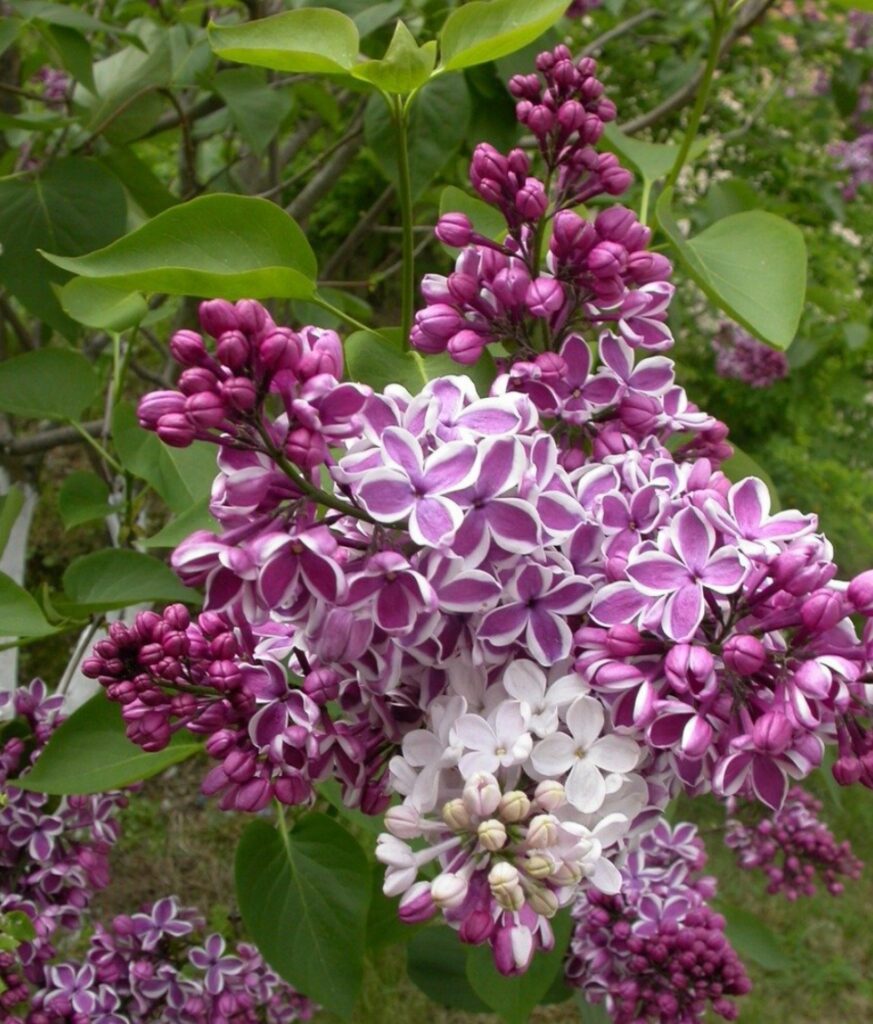
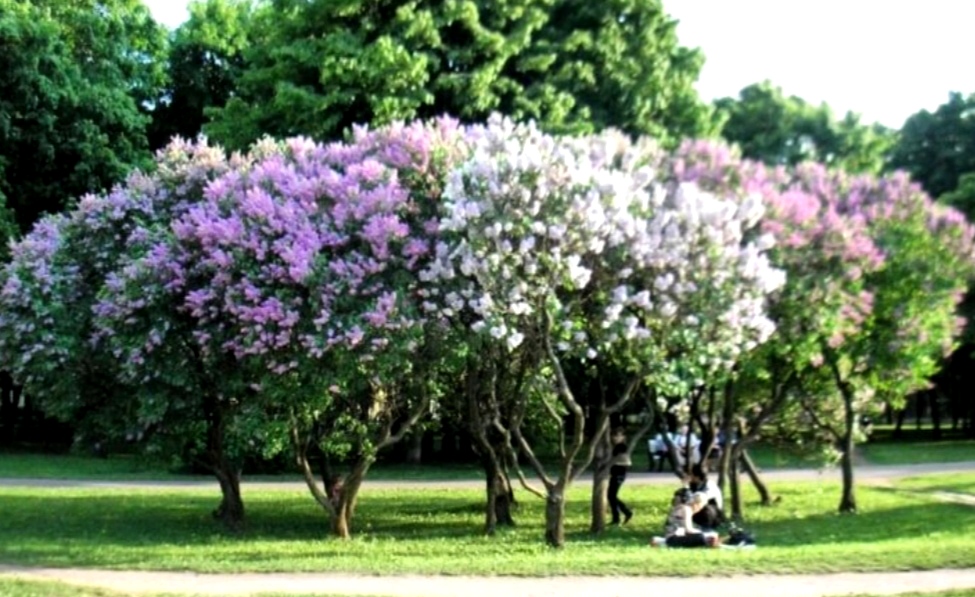
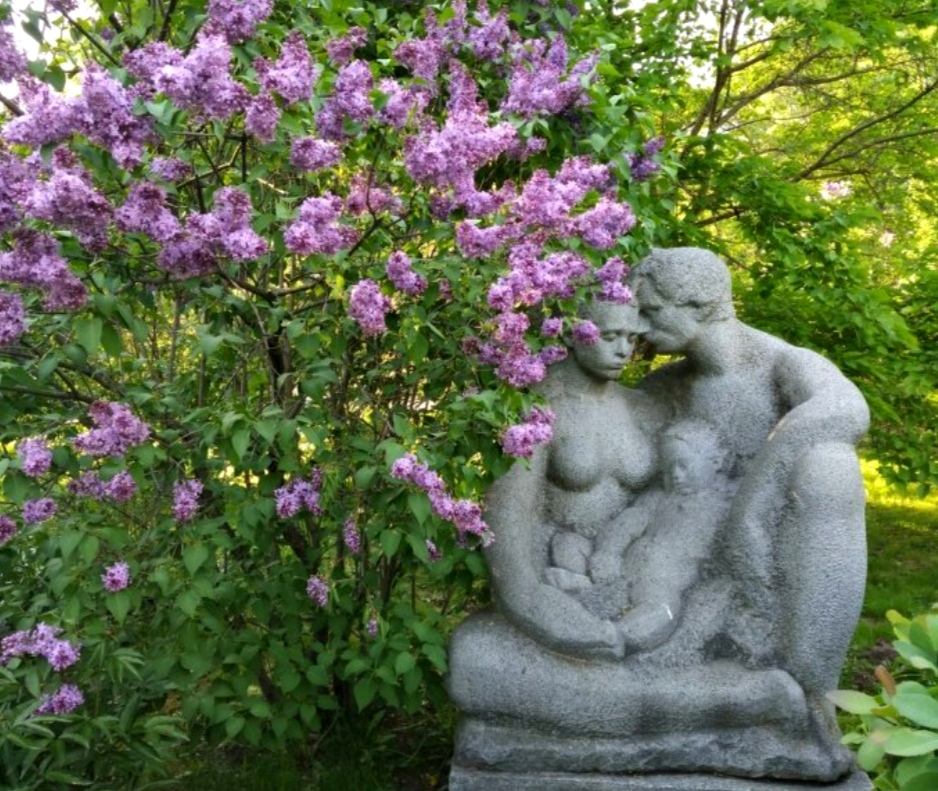
It takes tens of millions of inflorescences to produce a single kilogram of fragrant lilac.The history of the legendary “Persian Lilac” fragrance dates back to the distant 19th century.
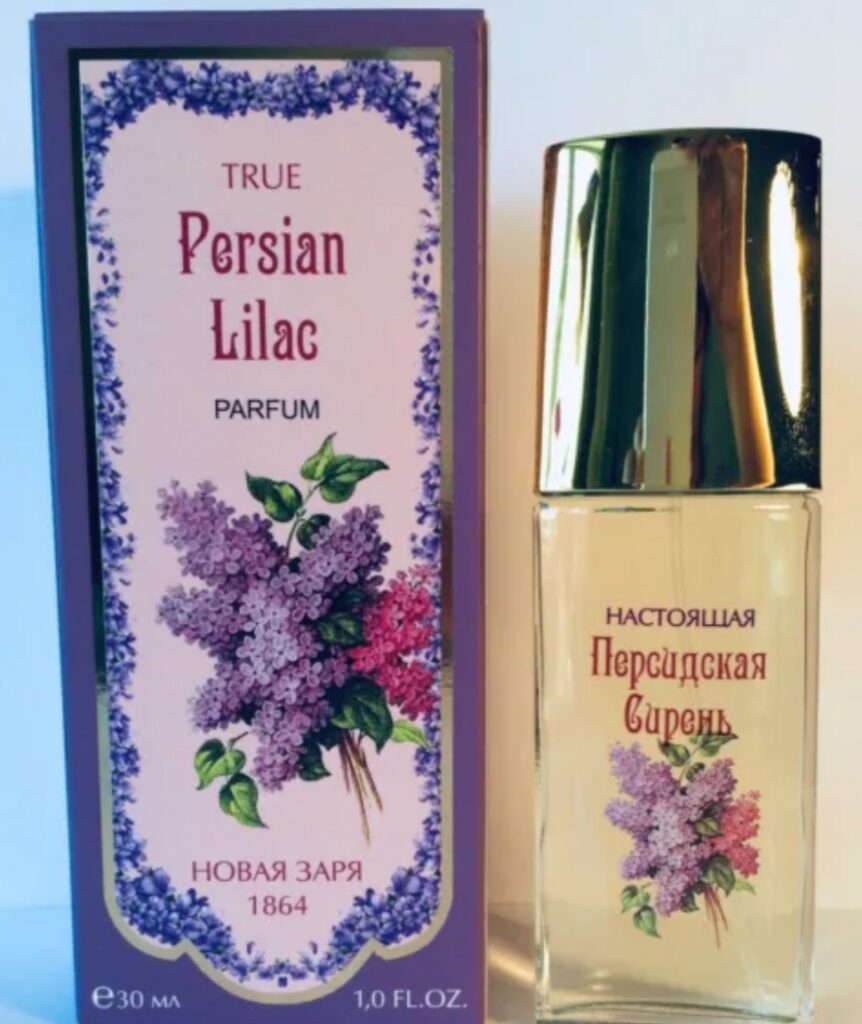
In 1889, a perfume magnate, Henri Brocard, created a new perfume for his wife Charlotte on the occasion of their silver wedding. Being French by blood, but subjects of the Russian imperial crown and official suppliers to the imperial court, the Brocard family decided to prove to the world that Russian perfumery was worthy of worldwide recognition.
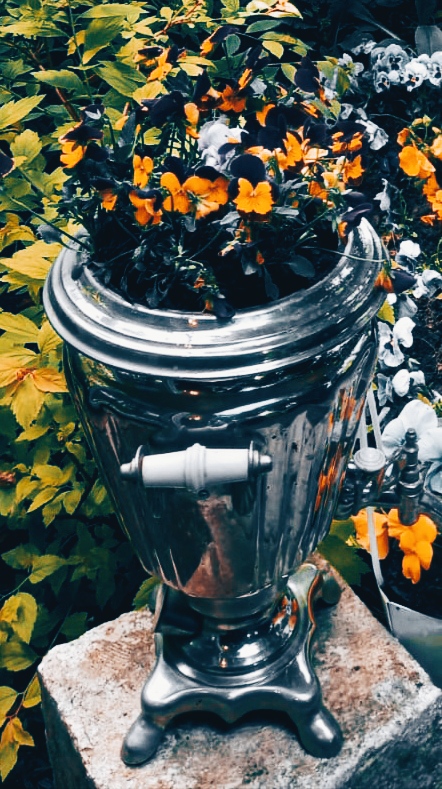
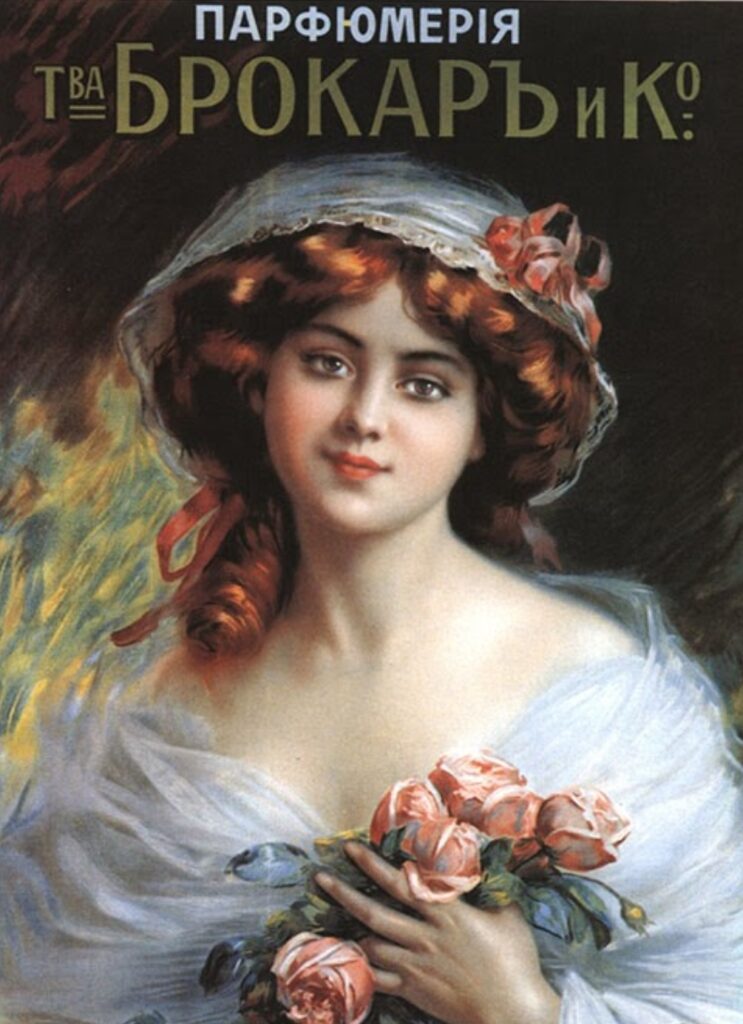
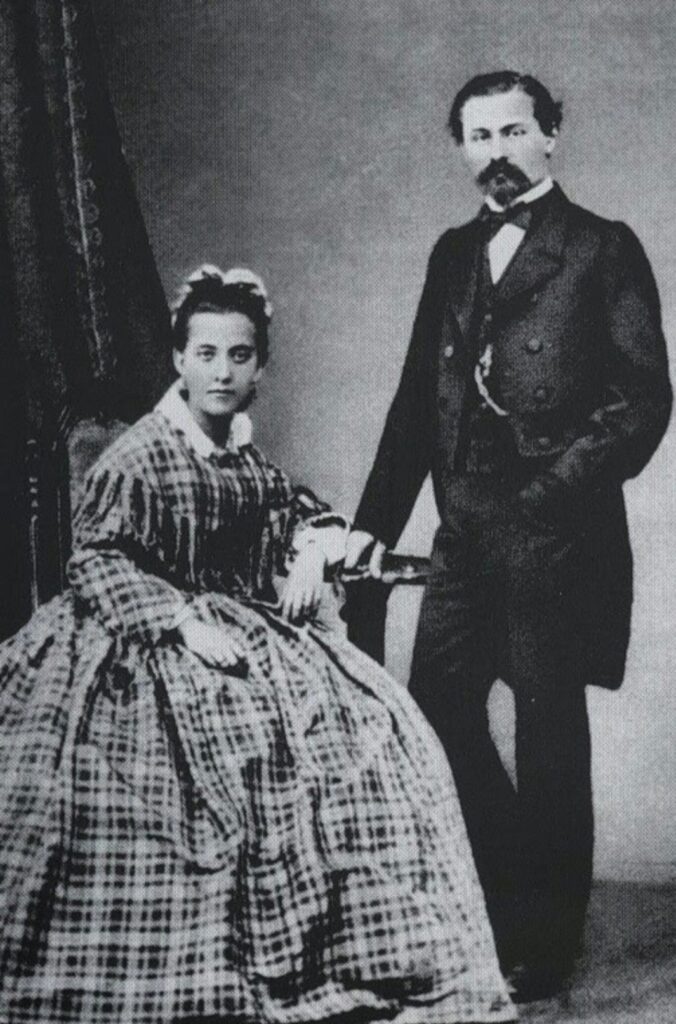
For this purpose, Charlotte decided on a purely feminine trick – she swapped the contents of the bottles of her Russian factory and the famous French firm Luben. As a result, the Russian perfume in a French bottle buyers literally swept off the shelves. After a few days of hype, Charlotte repented in the press in his deliberate deception ….Encouraged by the recognition of the public and the entrepreneurial spirit of his wife, Brocard created a gift for Charlotte – a new perfume “Persian Lilac”, which received the “Grand Prix” at an exhibition in Paris. And then became the most popular perfume in Russia as well. By 1914, the factory had 8 gold medals (received at exhibitions in Paris, Nice, Barcelona, etc.).
..And….It’s actually great to realize that Henry Brokar and I were born on the same day – July 23″ – (author’s note)
Time vintage perfume “Persian Lilac” can be purchased at a very democratic price. Factory Novaya Zarya is a factory of the Bokars, which was nationalized during the revolution. The descendants of the Bokars left Russia.
One of the best in the art of perfumery expressed spring fragrances, Ernest Beaux, who created the perfume “Chanel No. 5”, the second son of the French perfumer Edouard Beaux, who worked with the Russian perfume company Alphonse Rallet & Co in the service of the Tsar.
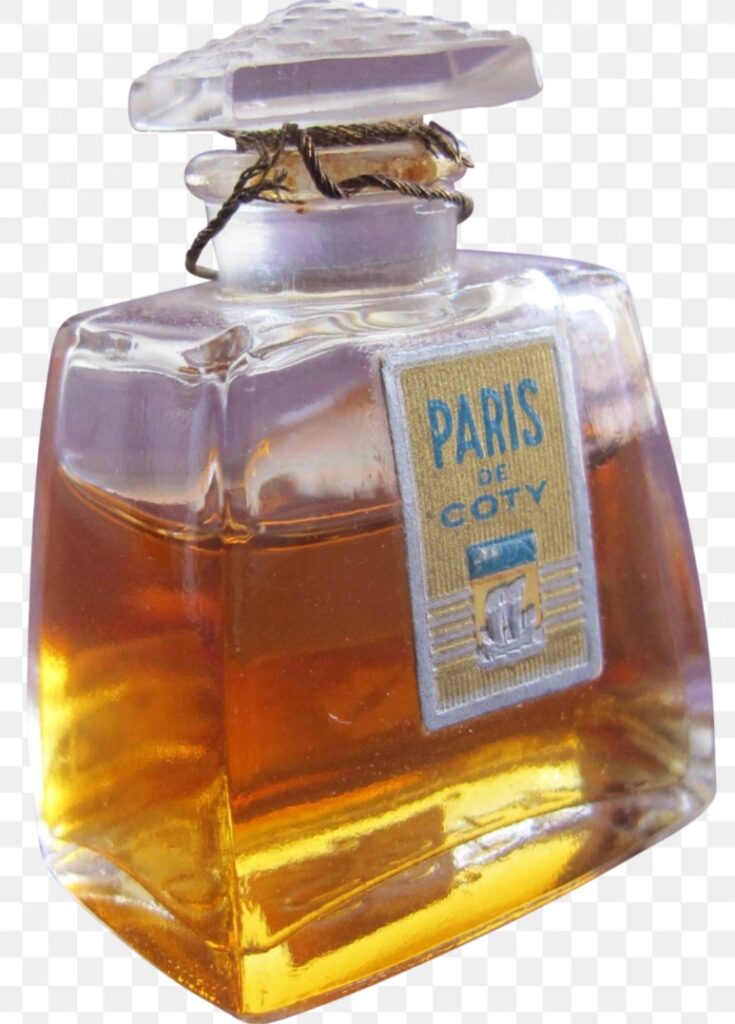
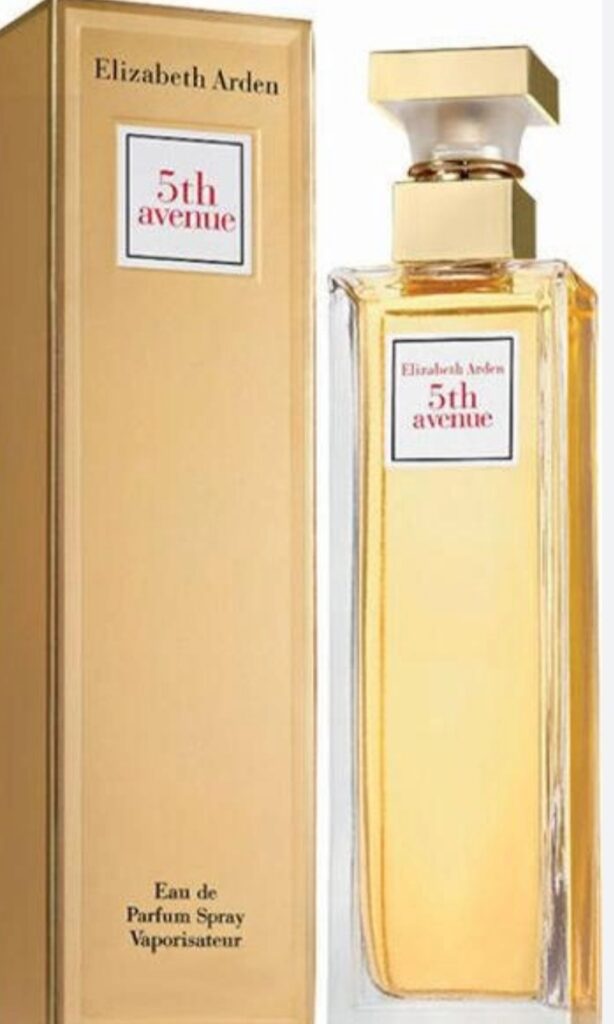
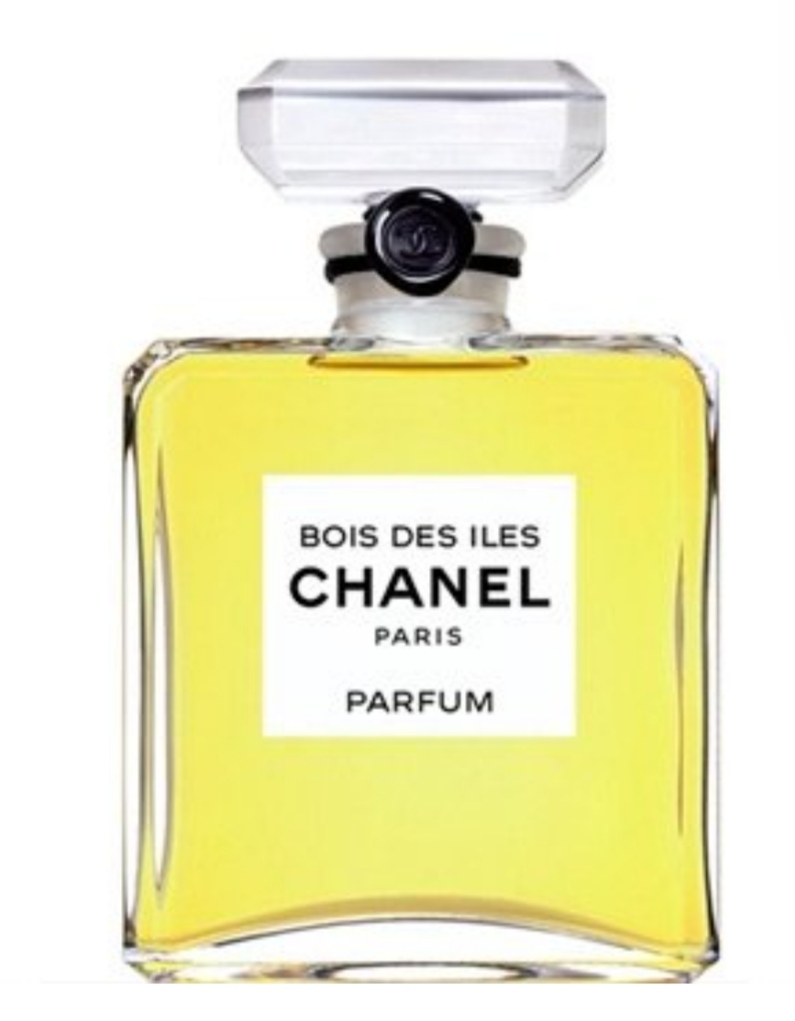
Among young people in the twenties of the last century were especially popular perfume “Paris” by Coty, which was one of the most recent creations of the perfumer: a wreath for Spring of lilacs and lily of the valley bells.
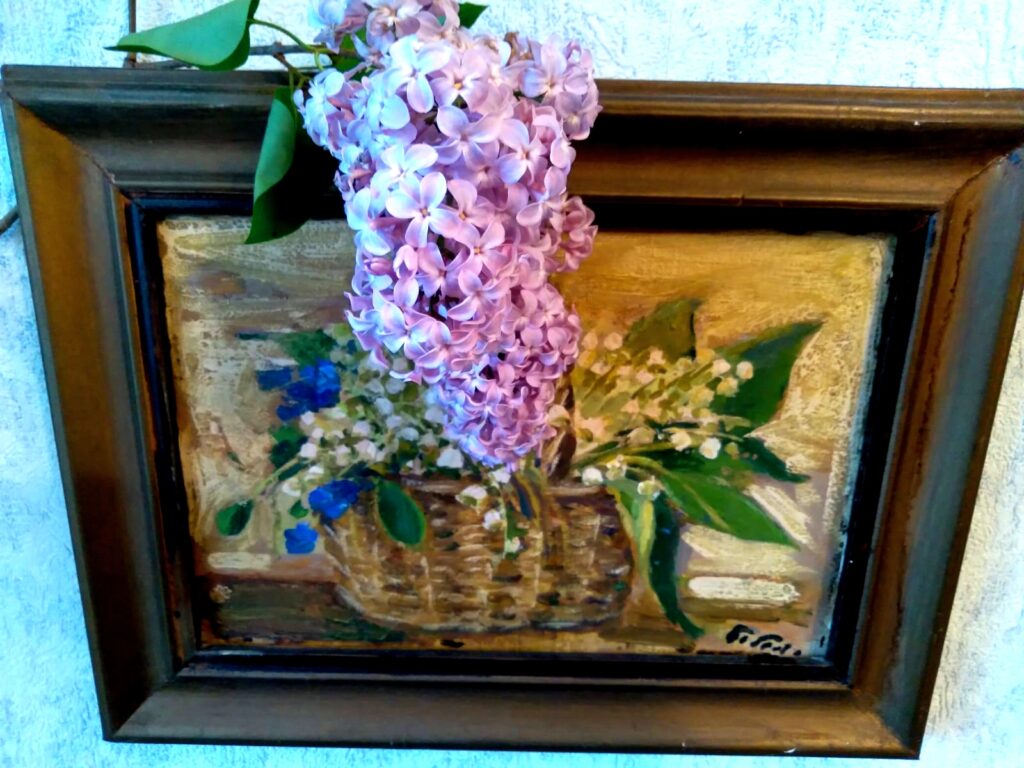
Scientists have selected nearly 2,300 species of lilac, taking as a basis a few dozen of its main varieties. At the same time, many perfume houses have created mysterious fragrances with lilac notes, in which you can feel the fleeting touch of a nymph flying away to her enchanted world …


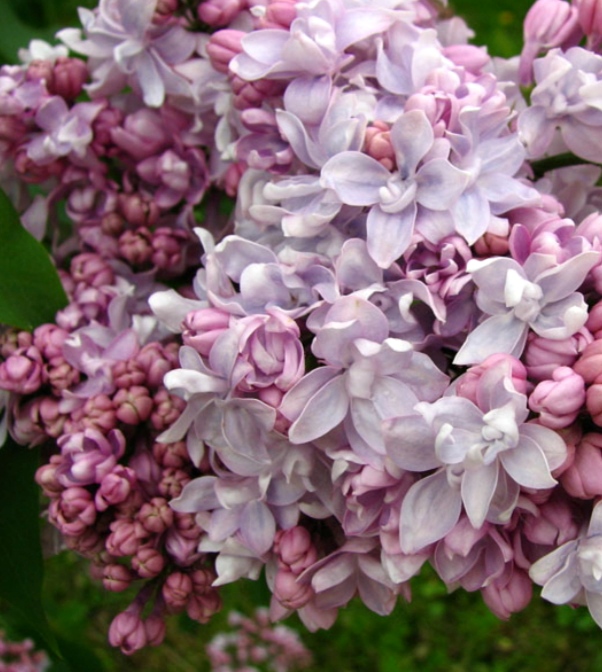
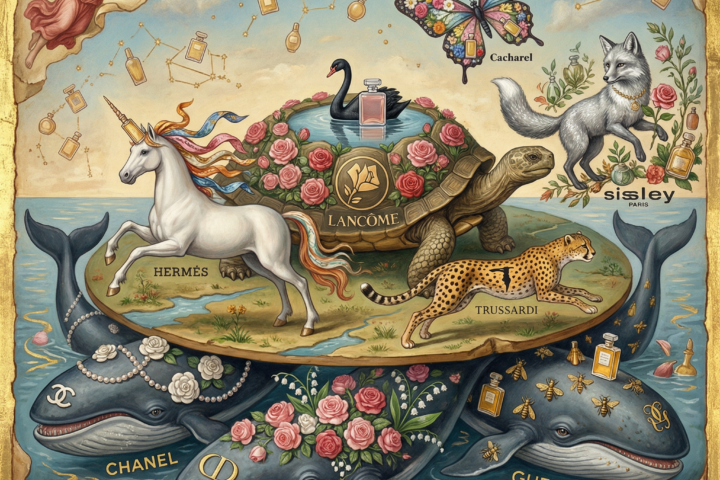
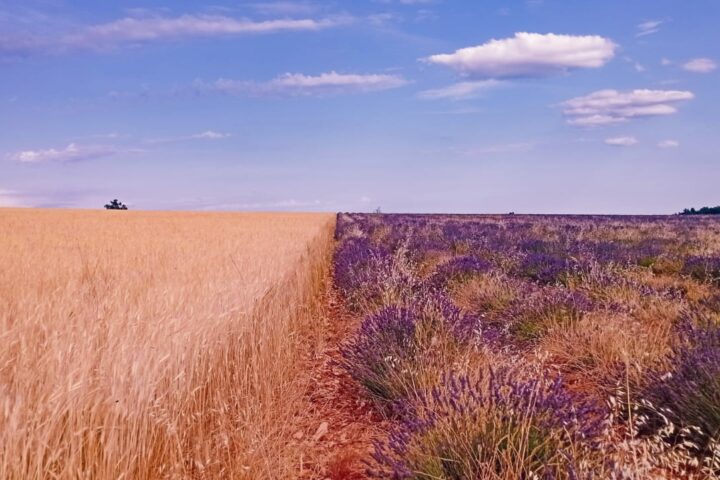
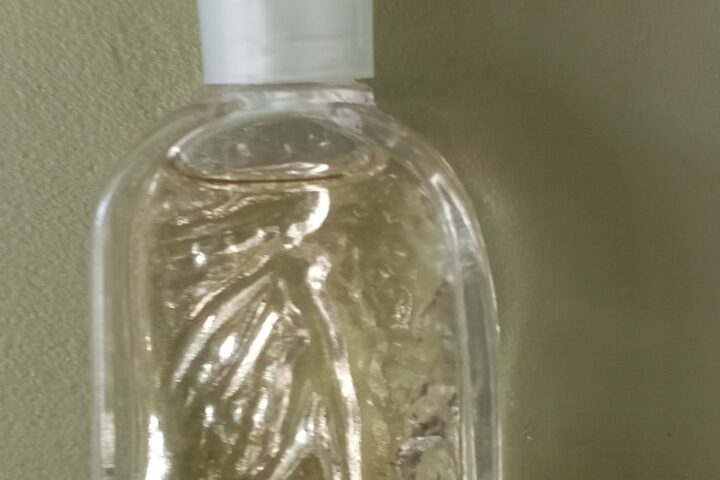
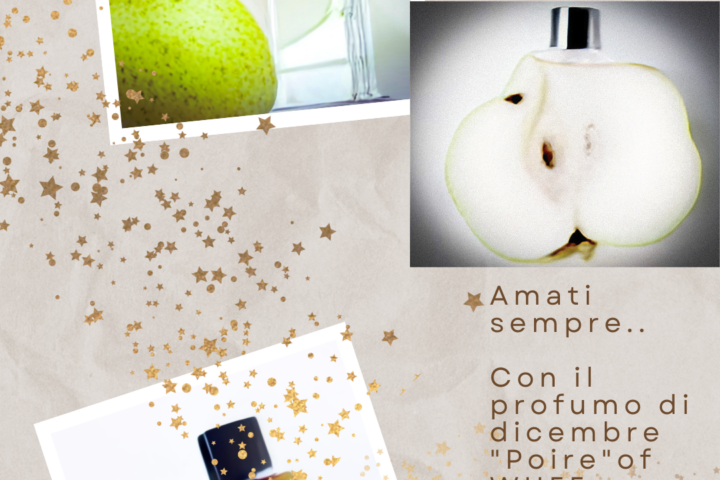
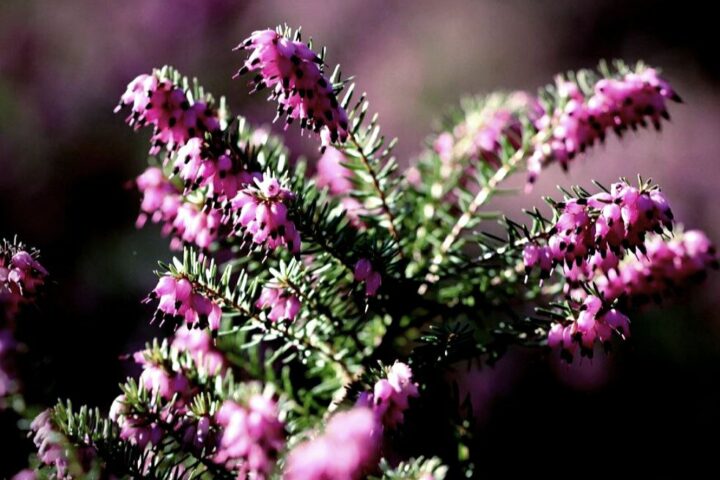
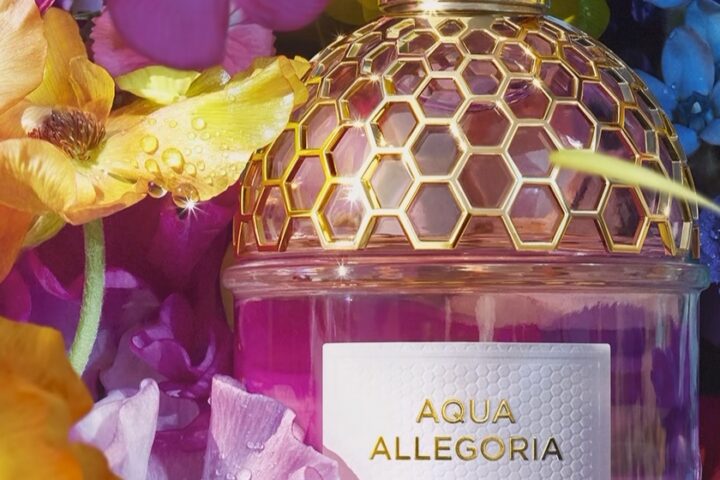
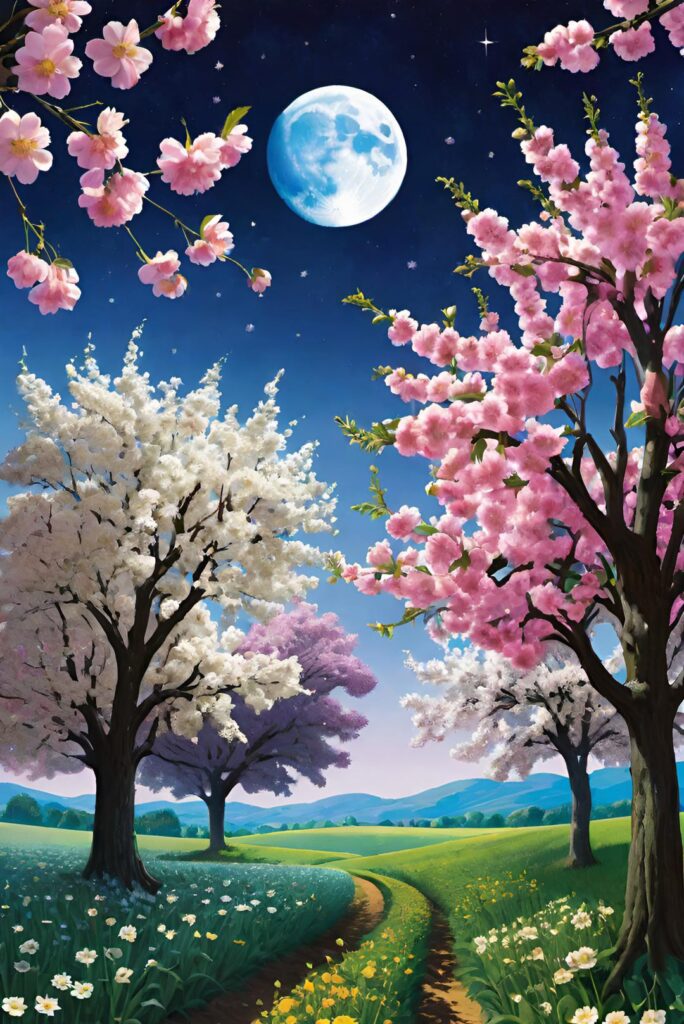
Muchas gracias. ?Como puedo iniciar sesion?